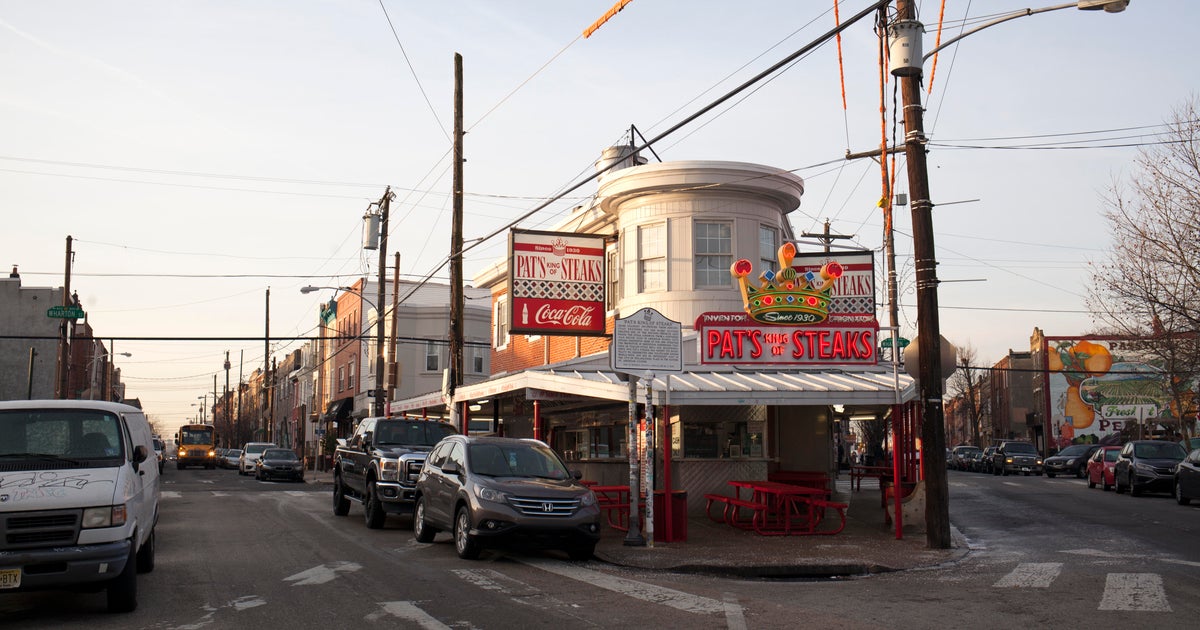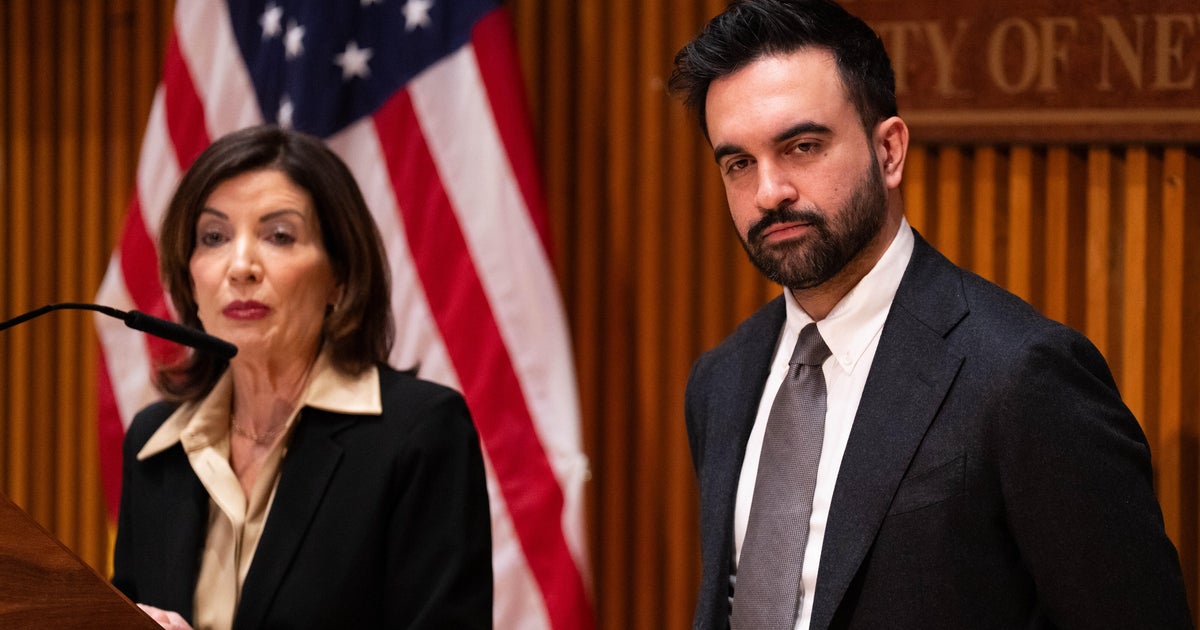State Budget Cuts Could Take Away Hospice Care For Poor
CHICAGO (CBS) -- Gov. Pat Quinn says the state's Medicaid system is on the verge of collapse, and to save it, billions of dollars in spending must be cut. One service that could end on the chopping block is hospice care for the poor.
CBS 2's Jim Williams reports that would be devastating for many people who have a terminal illness.
At only 47 years old, Carla Givan has a much different life today than she did a short time ago – before Lou Gehrig's Disease left her unable to use her arms and legs, and unable to speak.
Now, her daughter Donisha Givan must do everything for her.
"She was a loving person. She helped anyone she could. She took care of her children very well. We really miss her. She did everything," Donisha said.
Donisha began caring for her mother when she was just a teenager.
"I was about 17. I had to drop out of school, out of high school, to take care of her. I had to be home. I was the only one home with her every day, taking care of her," she said.
But it was not nearly enough. Carla needed medical care, so now nurse Javal Meekins comes to Carla's home.
That kind of care could go away, however. The state is considering a plan to eliminate hospice services for the poor as part of efforts to cut Medicaid spending.
"The state's being penny wise and pound foolish. This is going to cost them money," said David Persons, of Unity Hospice of Chicago.
Persons and colleague Judith Mintz said it is much more expensive in the long-run to hospitalize someone like Carla, than it is to provide hospice care.
"We keep people out of the hospital," Mintz said. "We manage symptoms, we manage intense pain, we manage respiratory distress."
Hospices provide ailing patients with humane services at home, near the end of a patient's life.
If that service went away, Donisha said, "Honestly, I think everything would go downhill."
Quinn would not discuss the hospice program on Tuesday.
Later this week, a group made up of the governor's aides, state lawmakers and medical professionals is expected to present a plan to cut $2.7 billion in spending from Medicaid.







